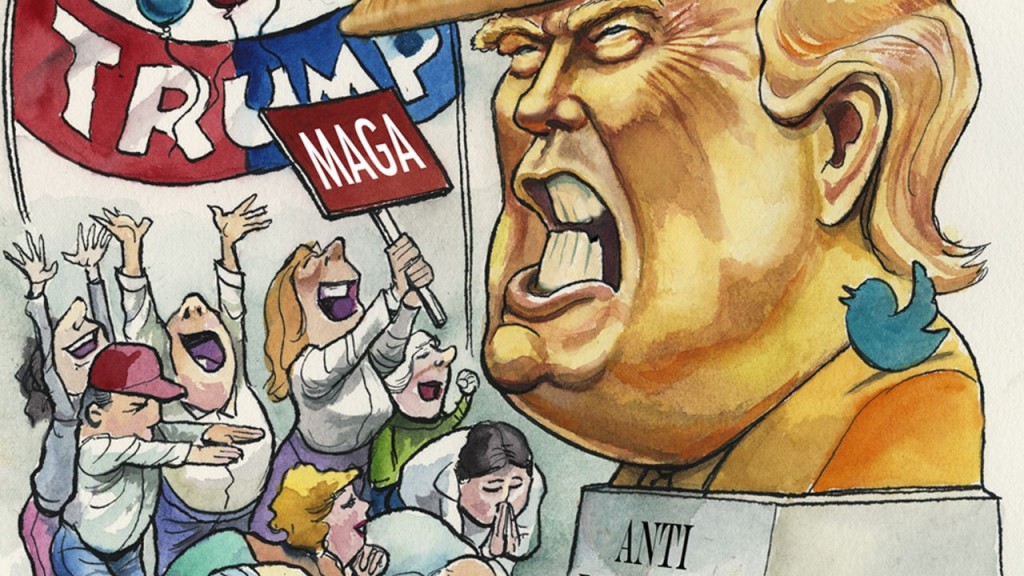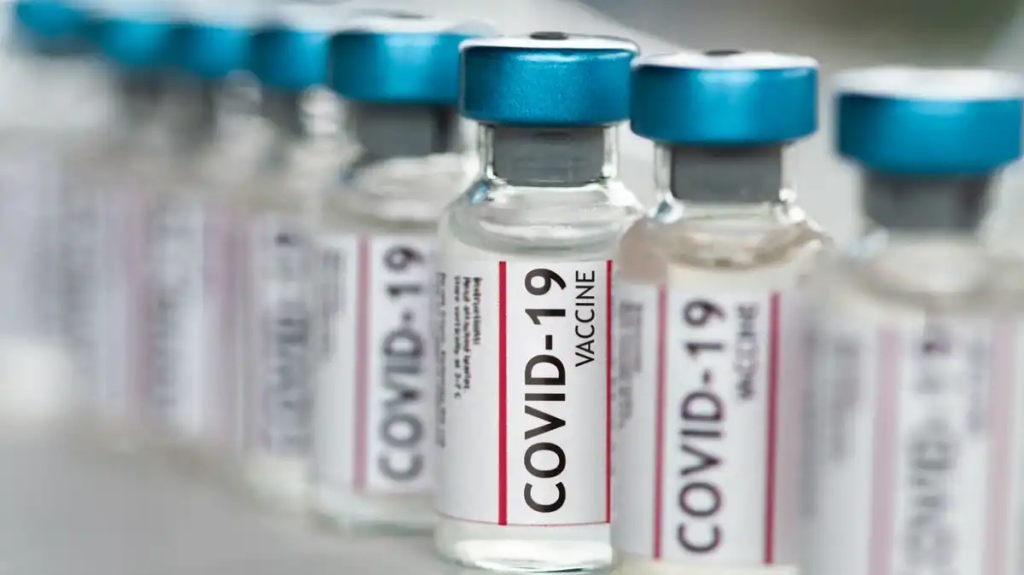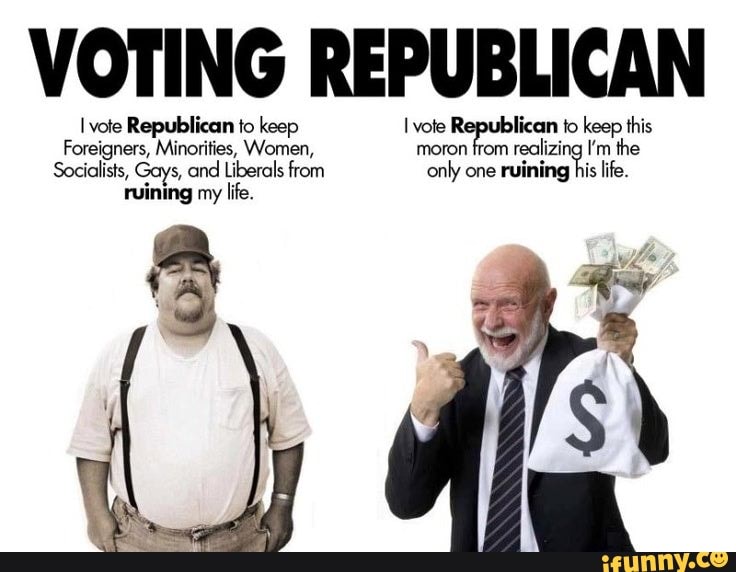
Jeff’s recent post, President-Elect Joe Biden-Rising to the Occasion, sparked a discussion worth more examination. While I found the post, as usual, well thought out and well-written, I commented that it was a bit more optimistic than my view of our nation’s immediate future. In his usual thoughtful way, Jeff’s reply included this question: “Do you subscribe to the notion that we on the other side should turn a new leaf, so to speak, and reach out to the Trumpers? In other words, forgive them and give them a chance?”
Hmm, should we? Here was my reply at the time:
To some degree, I must try to give at least some of them another chance, because among them are my siblings and their families and most of my wife’s family members. It’s becoming increasingly difficult to strike a reasonable balance between affirming righteousness/justice and seeking family peace. It’s especially difficult because I just don’t see any of them breaking free from the Trump cult. So, even if I do give them another chance, I doubt they’ll ever give me another chance. They see me as the irredeemable reprobate. I see little hope for national unity on a micro or macro scale.
No Turning Back
It’s likely that some Trumpers may now begin to see the error of their ways, but I’m convinced that the vast majority of them will never come around. As we’ve said many times before, they’ve given themselves unreservedly to a cult. If their orange messiah were to build a compound in an isolated portion of Montana and call his followers to sell all their possessions and join him there—and obey his every command—I suspect Big Sky Country’s population would soar by the millions. Future presidential contenders would make frequent campaign visits to “The Treasure State” in hopes of gaining its 25 electoral college votes—up from its current three.
Just as I suspect my Trumpist friends see me as an irredeemable reprobate and are unlikely to give me another chance, likewise I suspect Trumpists in general see all never-Trumpers in that way. We might want national reconciliation and unity—as I’m sure President-elect Biden does—but I really doubt Trump disciples want those goals, not unless we drink their proffered Kool-Aid and accede to their theocratic demands. Even though they are in the numerical minority, they believe God is on their side—after all, He sent them a new messiah—and, as they see it, having the Almighty’s backing automatically gives them the upper hand. National unity is, I’m convinced, an unattainable goal.
National unity is, I’m convinced, an unattainable goal.
A Divide Too Wide
A 2017 Pew poll found that 71 percent of Democrats believe government should do more to help the needy, while just 24 percent of Republicans hold that view. The survey also found that 64 percent of Democrats believe racial discrimination is the main reason many black people can’t get ahead, compared to a mere 14 percent of Republicans who see things that way. And when it comes to immigration, 84 percent of Democrats agree that immigrants strengthen the country. Only half that number of Republicans—42 percent—see immigrants as benefiting our nation. Why such dramatic differences?
According a Business Insider article titled These key psychological differences can determine whether you’re liberal or conservative, “Here’s what the data shows” (selected portions; click on the link to read the full article):
Decades of research have shown that people get more conservative when they feel threatened and afraid.
Threats of terrorism make everyone less liberal—researchers found this was especially true in the months after 9/11. During that time, the US saw a conservative shift, and Americans displayed increased support for military spending and for President George W. Bush.
Brain scans show that people who self-identify as conservative have larger and more active right amygdalas, an area of the brain that’s associated with expressing and processing fear. This aligns with the idea that feeling afraid makes people lean more to the right.
Groundbreaking research that Yale psychologists published in 2017 revealed that helping people imagine they’re completely safe from harm can make them (temporarily) hold more liberal views on social issues.
“People embrace political conservatism (at least in part) because it serves to reduce fear, anxiety, and uncertainty; to avoid change, disruption, and ambiguity; and to explain, order, and justify inequality among groups and individuals,” the researchers said.
In other words, conservatives—who like to see themselves as the rough, tough, fearless freedom fighters—are actually driven largely by fears and insecurities. But good luck in trying to ever get them to accept that truth.
Reasoning with Unreasonable People
And that leads into the next difference. Study: Conservatives more likely to believe fake news. Why? It ties back to that fear factor: “Since many of the most popular fake news stories during the campaign season were threatening in nature—for example, ‘ISIS leader calls for American Muslim voters to support Hillary Clinton’—and conservatives believe threats are credible at rates significantly higher than liberals, it created the perfect storm for conservative-leaning fake news sites in 2016.”
So trying to convert conservatives is a bit like trying to save a panicked drowning person. The person’s fear causes irrational behavior. If you jump in and try to pull that panicked person to safety, it’s just as likely that he’ll pull you under as it is that you will save him.
A Personal Caveat
Now it’s time for a caveat: I spent most of my adult life as a conservative. I still hold some conservative views. So what pulled me ashore from the turbulent sea of conservative concerns? I’m not certain, but I’d guess that, inherently, I always had more of the characteristics typically associated with liberals than do most self-described conservatives. I suppose I was the political version of a gay person who seeks to be straight in order to appease his or her friends and relatives.
That’s not to say that I only pretended to hold conservative views. I really did. And, as I stated above, I do still maintain some conservative stances, particularly right to life. But, for example, while I affirm the right-to-life view, I’m also sufficiently realistic and pragmatic to realize that I’m in the minority. Unlike most of the conservatives I know, I will not support a politician whose entire life betrays all the principles I claim to hold dear simply because he claims to be pro-life. I will not give my heart and soul to a mean, bigoted, coarse, self-centered hedonist simply because he promises to protect “the Christian way of life.”
Sadly, millions of Americans did make that Faustian pact. Most will never turn back. So, as Jeff asked, should we reach out to them? Should we offer them an olive branch? Sure, why not try. But I can all but guarantee their response: They’ll turn that olive branch into a switch and use it to try to beat us into submission to their messiah.






Leave a comment